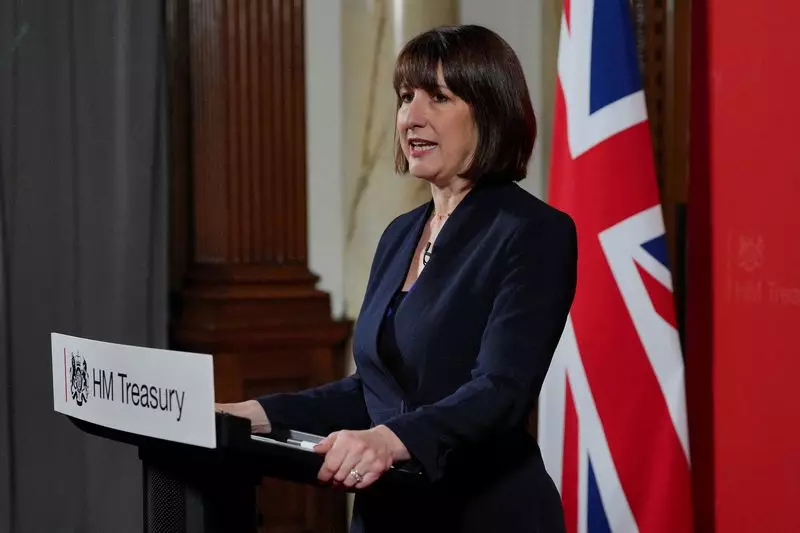Recently, Britain’s new finance minister Rachel Reeves has indicated that she is considering approving inflation-busting pay increases for nearly 2 million government employees in an effort to prevent potential public sector strikes. This move comes in light of the recommendations made by two pay review bodies for wage rises of 5.5% for teachers and staff in the National Health Service.
Reeves emphasizes the value of public service workers, acknowledging their vital roles in schools, hospitals, and law enforcement. She highlights the potential consequences of prolonged battles with unions, stressing that failure to address their concerns may lead to further industrial action and recruitment challenges.
The Labour Party’s recent electoral victory promised a decade of “national renewal” after years of Conservative-led governments. However, with prior pledges ruling out tax rate increases, the government faces constraints in terms of additional spending. While the estimated cost of proposed pay rises is significant, around £3 billion, it remains to be seen how the government will fund these increases.
With inflation in the UK currently standing at around 2%, granting pay rises significantly above this rate poses financial challenges. Reeves acknowledges the need to ensure that any pay increases are financially sustainable, hinting at the possibility of raising taxes, increasing borrowing, or cutting spending in other areas to accommodate these adjustments.
Reeves has indicated that the government will outline its strategy for public sector pay deals in the coming days, along with announcing the date of the next budget. This decision will be crucial in determining the government’s approach to balancing the needs of public sector workers with broader fiscal responsibilities.
The potential approval of inflation-busting pay increases for public sector employees in Britain presents a complex set of challenges for the government. While acknowledging the contributions of public service workers, Reeves must navigate fiscal constraints and budgetary considerations to ensure financial sustainability. The decisions made in the coming weeks will have significant implications for the government’s ability to deliver on its promises of national renewal while addressing the demands of public sector workers.

